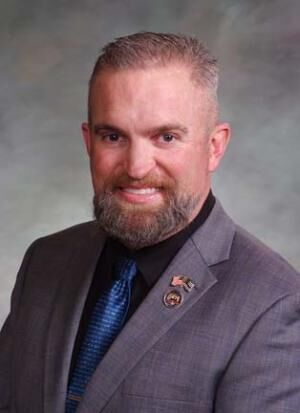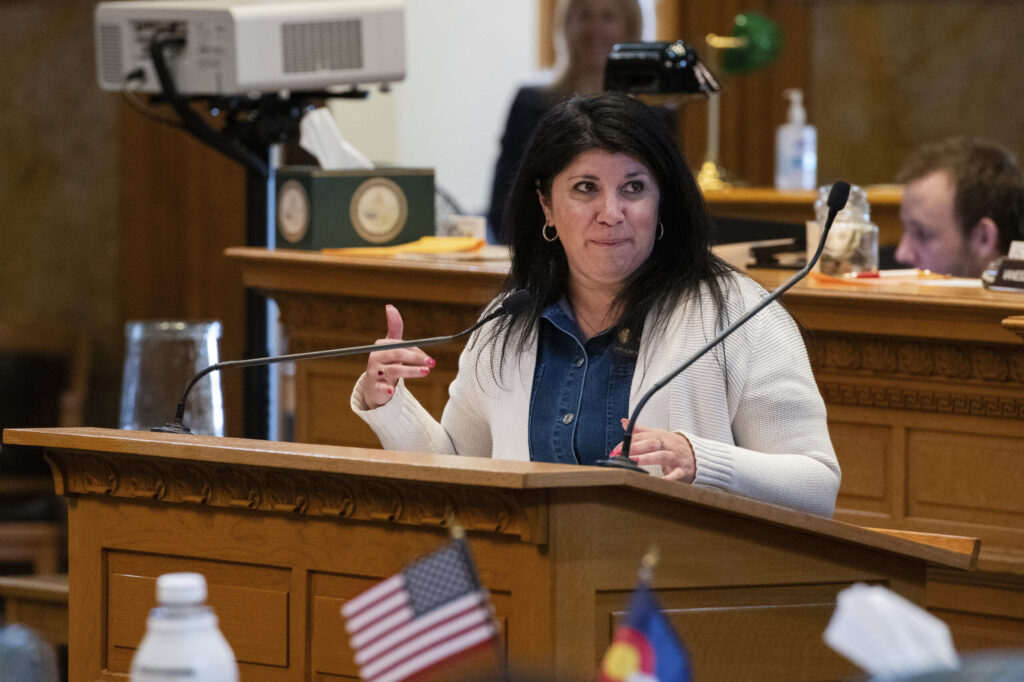Colorado House approves scaled-back effort to eliminate lead in water at schools, daycares

A bill to crack down on lead-contaminated drinking water in Colorado schools and daycares passed the state House Wednesday, but only after significant revisions narrowed the scope of the legislation.
As drafted, House Bill 1358 would have required schools and child care facilities to install filters on all drinking water sources, provide bottle filling stations and annually test drinking water for lead. With the changes, the bill would now test drinking water in these facilities and pay for necessary remediation if the water tests positive for lead contamination.
In Colorado, 72% of children under 6 years old have detectable levels of lead in their blood – much higher than the national average of 51%, according to a national analysis. Even low levels of lead exposure can negatively impact a child’s IQ, behavior, learning ability, growth and hearing, according to the Centers for Disease Control and Prevention.
“Every child should have safe drinking water in school or at their child care center, and when they don’t, it can have lifelong impacts on their health and education outcomes,” said bill sponsor Rep. Emily Sirota, D-Denver. “We’re taking bold action to test for lead, replace fixtures, and install the necessary equipment to ensure drinking water is safe wherever children are cared for.”
Under the amended bill, the state would provide $18 million to test for lead and install needed filters or bottle filling stations at child cares and schools serving preschool through grade five. Home-based child care centers are included in the bill but can opt out if they choose.
Sirota said the decision to water down the bill came after many conversations with child cares and schools who, during public testimony, described the bill as burdensome and overreaching.
Opponents said the original bill would be nearly impossible to comply with because it defined acceptable lead levels as less than 1 part per billion – compared to the amended 5 parts per billion. Regulations from the Environmental Protection Agency allow up to 15 parts per billion, however, the organization clarifies that “there is no safe level of exposure to lead.” Others said schools and child cares couldn’t afford the ongoing costs of annual tests and equipment maintenance.
“We love children but are opposed to this bill,” said Dawn Alexander, executive director of the Early Childhood Education Association of Colorado. “There has been no data collected on lead levels in child care homes and centers. In fact, no public education program for child care programs has been initiated.”
In 2017, the legislature created a fund for voluntary lead testing programs for schools. Sirota said only 64 schools utilized the tests, and of them, 40 tested positive for lead. No such tests have been conducted for child care centers.
The House passed the amended bill in a 43-19 vote on Wednesday, sending it to the Senate for consideration. All 19 representatives who opposed the bill were Republican.
Rep. Richard Holtorf, R-Akron, switched his vote from “no” to “yes” after praising the amendment. Holtorf previously said the original bill would force smaller child cares out of business, especially in rural districts like his own, due to the 180-day implementation deadline.
“It is impossible to do this in one year,” Holtorf said. “We all know there’s a need, we all know that there’s high levels of lead in water and that we need to protect our school children. But what is important is a phased approach that goes over about five years.”
However, other supporters of the bill said the state must act quickly to protect children from lead exposure, and focusing on the facilities where children spend most of their time outside of the home is common sense.
“We are going to have cleaner water in our schools,” said Rep. Julie McCluskie, D-Dillon. “I don’t believe there is anyone involved in our public education system that doesn’t believe this is the right goal, the right aim.”













